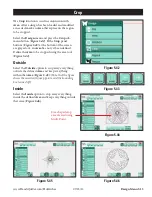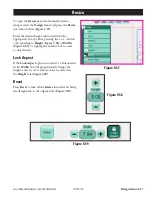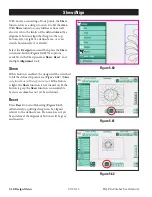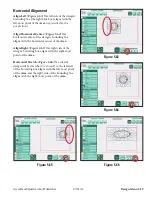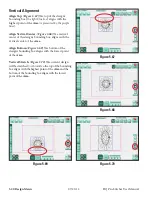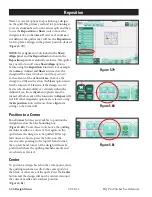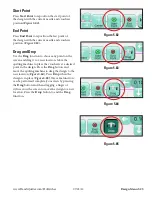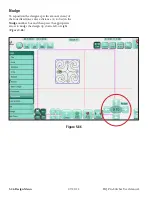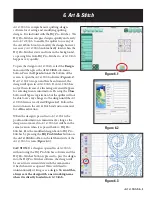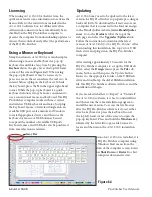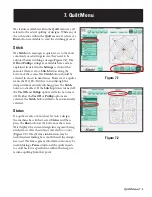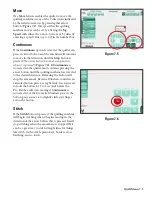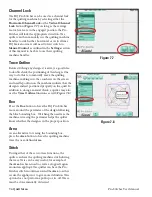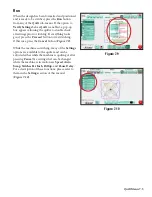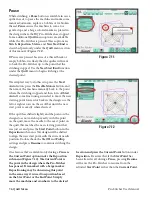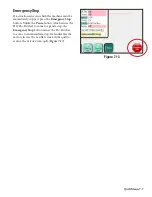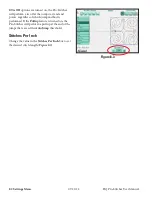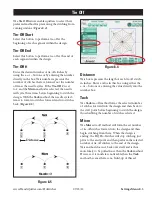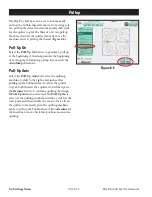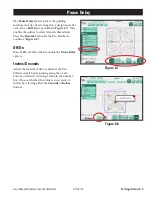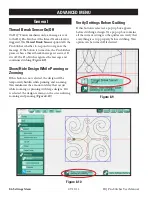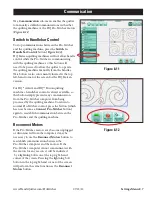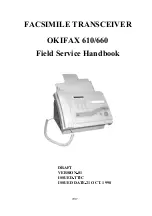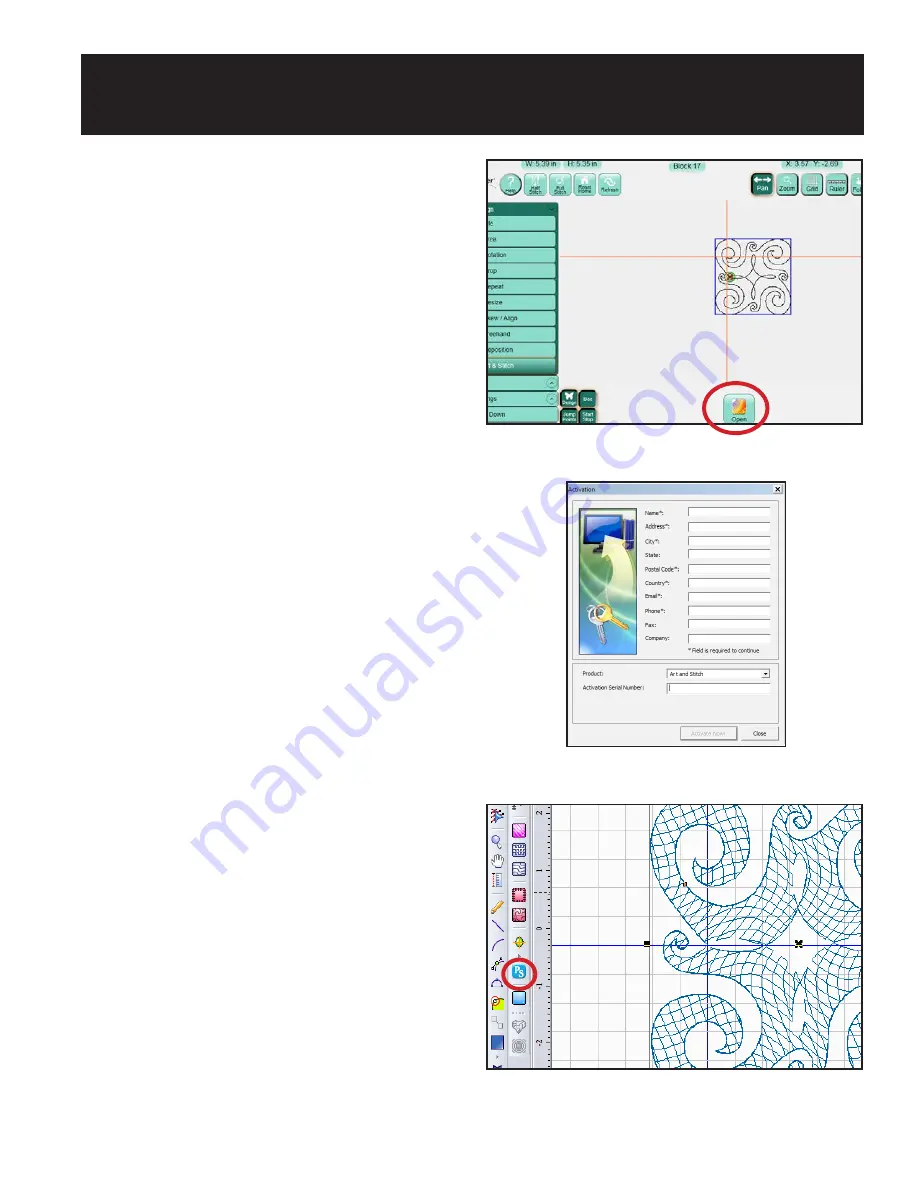
Art & Stitch
6.1
6. Art & Stitch
Art & Stitch
is comprehensive quilting-design
software for creating and modifying quilting
designs. It is included with the HQ Pro-Stitcher. The
HQ Pro-Stitcher can pass designs quickly and easily
into
Art & Stitch
to enable the quilter to use any of
the Art & Stitch tools to modify the design however
necessary.
Art & Stitch
automatically loads when the
HQ Pro-Stitcher starts and runs in the background,
so passing files from HQ Pro-Stitcher to
Art & Stitch
happens very quickly.
To pass the design to
Art & Stitch
, select the
Design
menu and then press the
Art & Stitch
sub-menu
button. Press the
Open
button at the bottom of the
screen to open the
Art & Stitch
software
(
Figure 6.1
)
.
If
Art & Stitch
is open and has been licensed, the
design will open in
Art & Stitch
. If
Art & Stitch
has
not yet been licensed, a licensing screen will appear
for entering license information. Pressing the
Close
button will bypass registration but the quilter will not
be able to save any changes to the design until the
Art
& Stitch
license is activated
(
Figure 6.2
)
. Follow the
instructions in the Art & Stitch instruction manual
for offline activation.
When the design is passed into
Art & Stitch
, the
position information is maintained; as long as the
design is not moved in
Art & Stitch
, it will be in the
same location when it is passed back to HQ Pro-
Stitcher. Pass the modified design back to HQ Pro-
Stitcher by pressing the
HQ Pro-Stitcher
button on
the
Art & Stitch
toolbar on the left-hand side of the
Art & Stitch
screen
(
Figure 6.3
)
.
CAUTION:
If a design is opened in
Art & Stitch
without using the HQ Pro-Stitcher software and the
HQ Pro-Stitcher button is pressed to pass the design
into the HQ Pro-Stitcher software, the design will
be saved in its current state with the same name
it had when it was opened. This could lead to
unintentionally writing over a design.
To avoid this,
always save the design with a new working name
when it is directly loaded in
Art & Stitch
.
Figure 6.1
Figure 6.2
Figure 6.3

